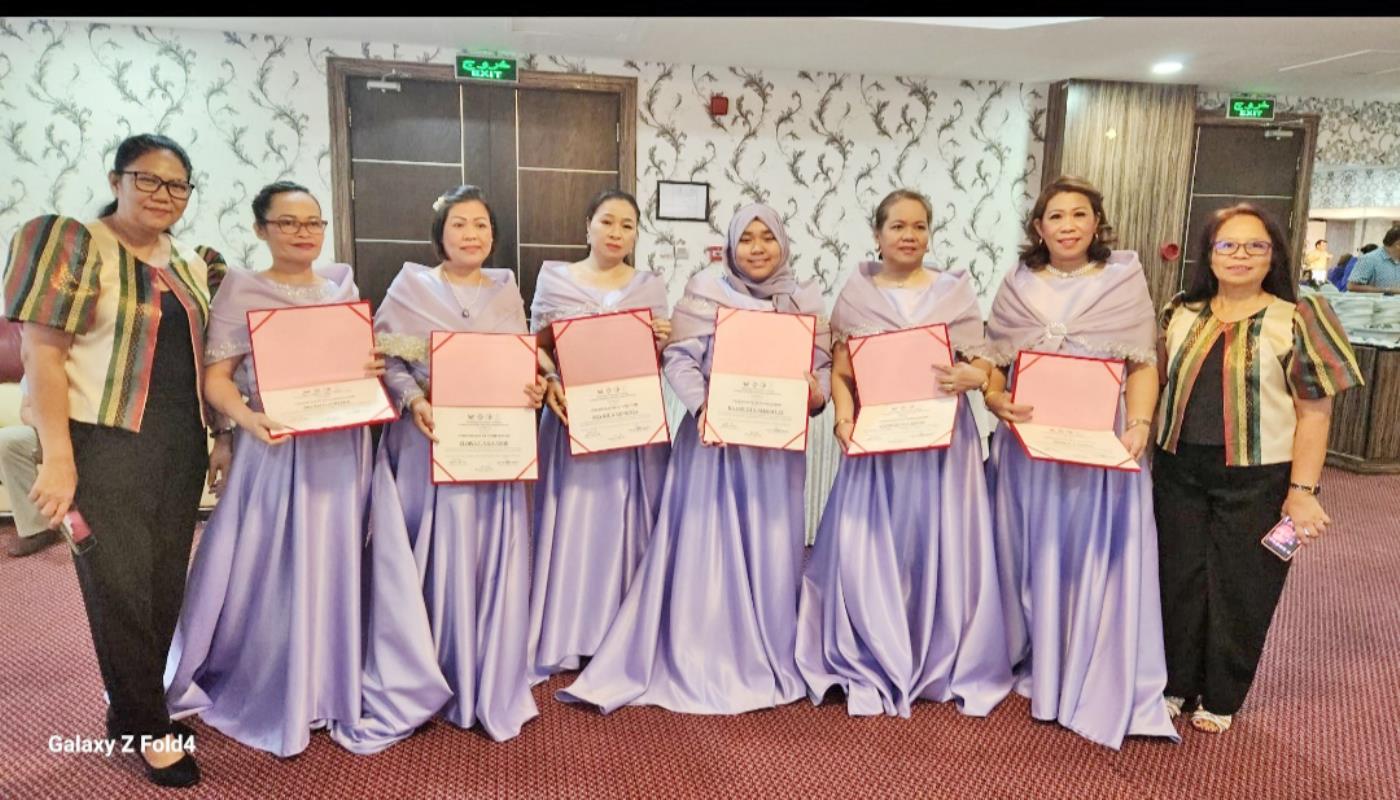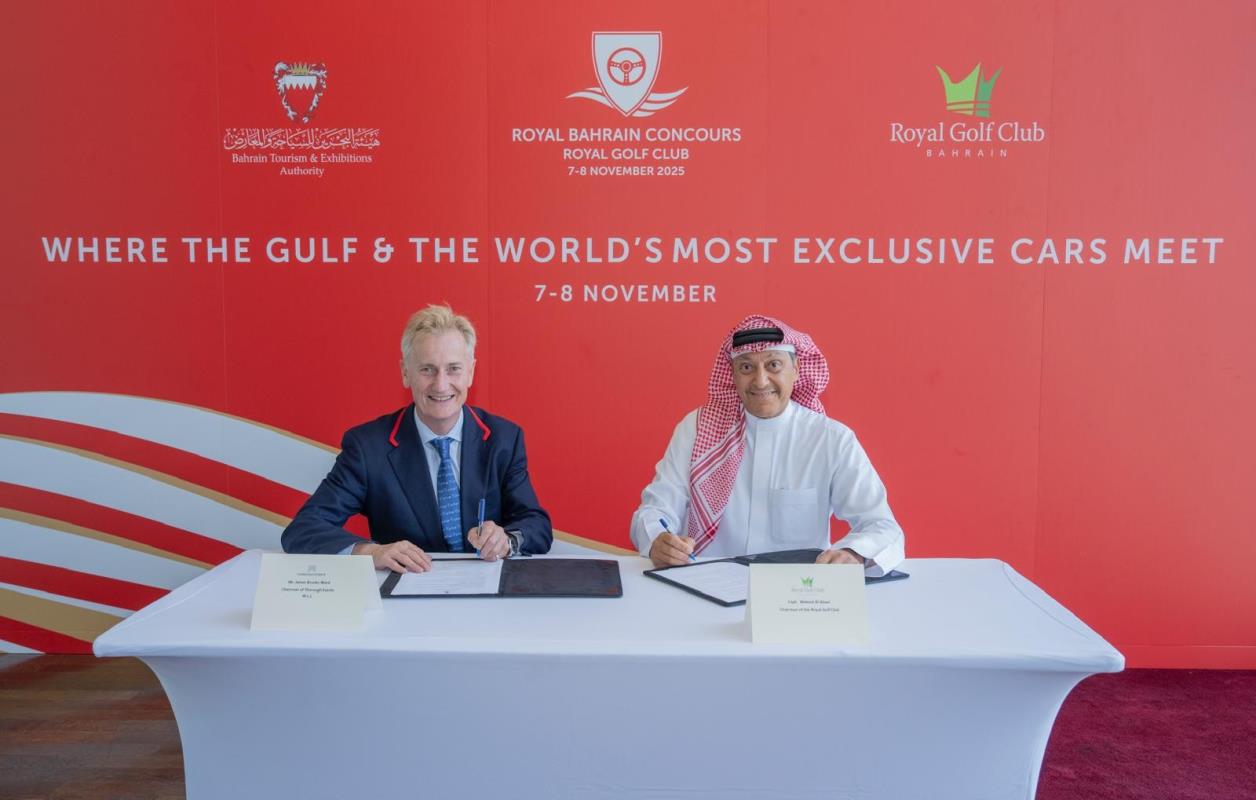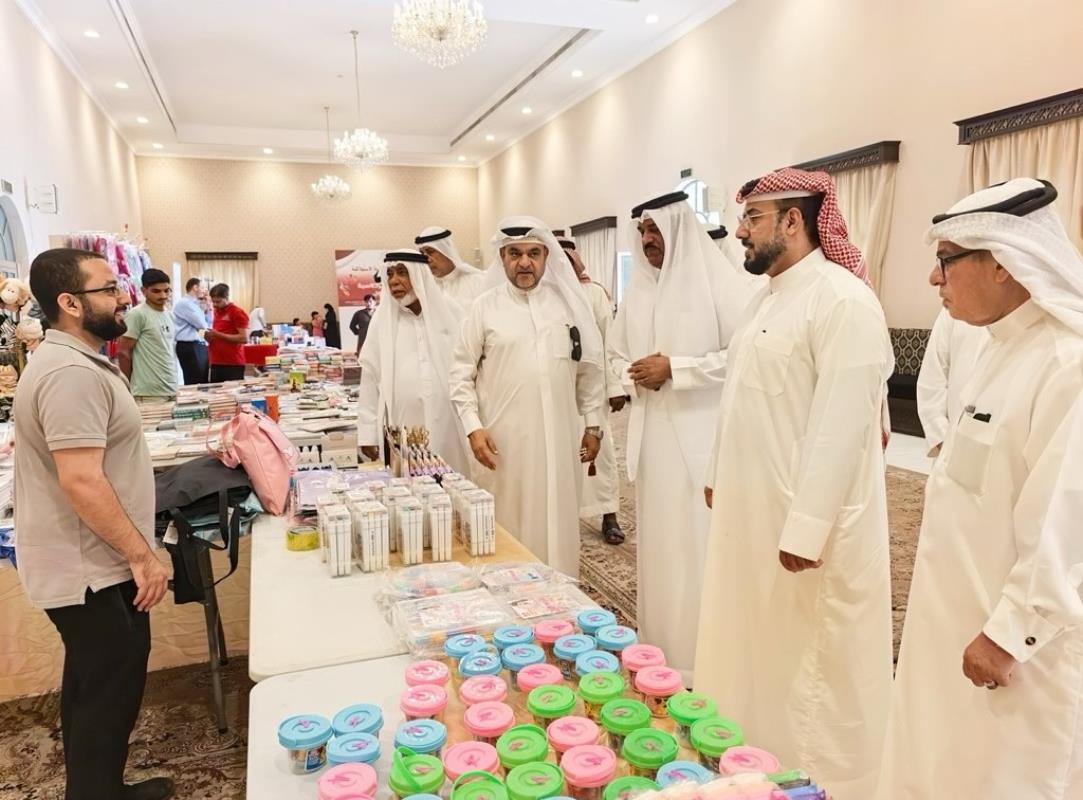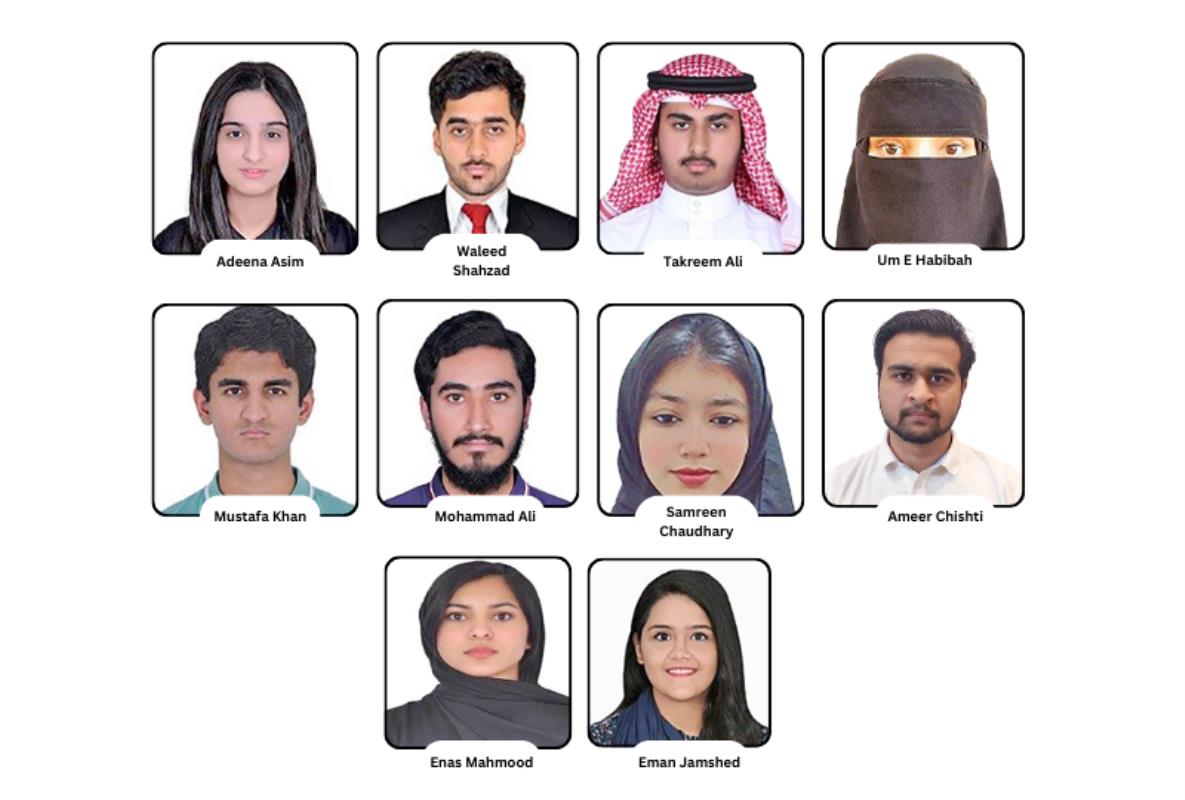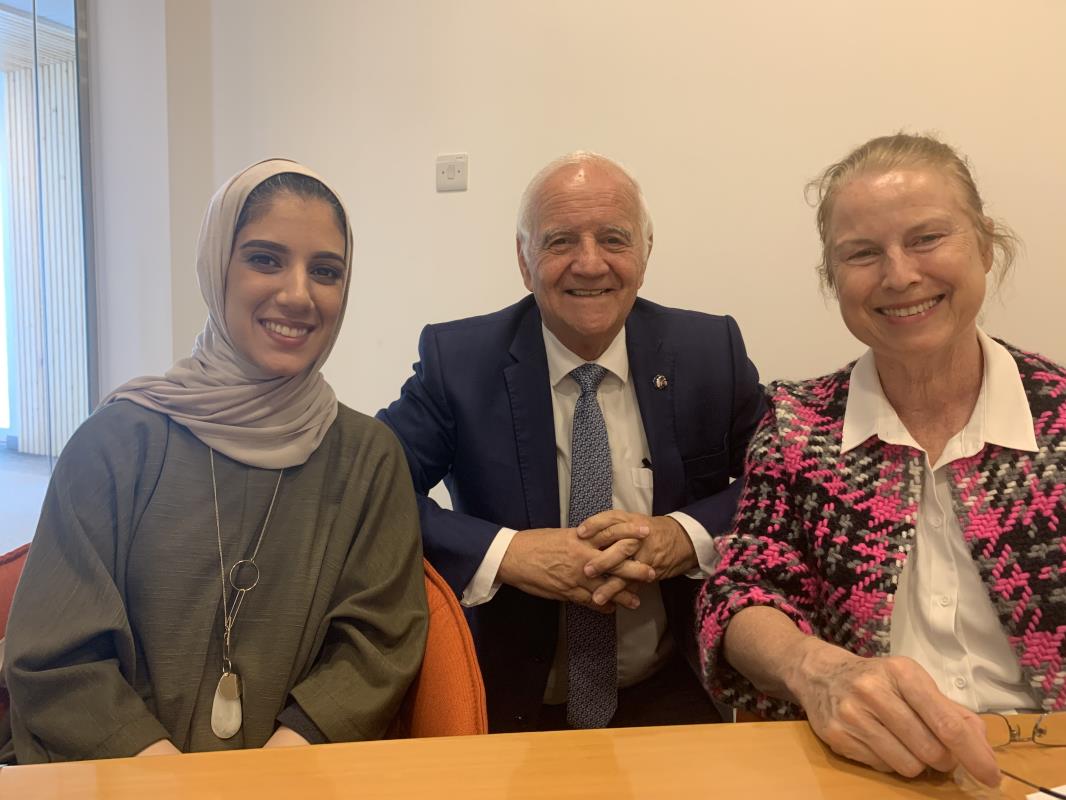One of Bahrain’s leading accountants has spoken about her corporate life and the importance of gaining professional qualifications in a bid to inspire other women in the sector on the day International Management Accountants Day is celebrated.
Shaima Al Qahtani is manager, financial policies and compliance at stc Bahrain, the telecom giant that has made investments of BD700 million in infrastructure and resources in the country since its launch originally as VIVA Bahrain in 2010.
“Accountancy is extremely structured as a profession, and it is one of the most vital business functions of any organisation,” she said. “As such, businesses must ensure that they recruit well-educated professional talents, who demonstrate the skills needed to perform a highly effective accounting and finance function.”
The special day of recognition commemorates the important role management accountants play within their organisations. Ms Al Qahtani is a member of the Institute of Management Accountants (ima), named the 2017 and 2018 Professional Body of the Year by The Accountant/International Accounting Bulletin.
Globally, ima supports the profession through research, programmes, continuing education, networking and advocacy of the highest ethical business practices. It boasts a global network of more than 125,000 members in 150 countries and 300 professional and student chapters.
Question & Answer session with Shaima Al Qahtani
- 1. What is it like being a female leader in management accounting and what are some of the challenges you have faced or are facing now?
Being in a leadership position has been extremely rewarding, but there have also been some challenges that I faced within this role. One of the most commonly cited concerns, and one which resonates with me, is how to strike the perfect work-life balance. Taking time off to spend with family has presented many challenges, especially as my role and responsibilities continued to grow within the company.
Moreover, while the number of women in leadership roles is increasing in the Middle East, we do work in a male-dominated field, which can make it difficult to build a healthy support network, or to find the right mentors to guide us in our careers. That said, being in a management position within the field allows me to nurture and develop new talents myself whereby I am able to speak to other women in the field and offer them guidance and support on their own careers.
- 2. Are qualifications vital in helping management accountants’ progress in their careers?
In terms of career progression, I believe that a professional certification, which can enable professionals to differentiate themselves from the fierce competition in the field, is an added advantage. Accounting and finance talent should continuously look to upskill and stay on top of digital transformation that the industry is witnessing, specifically with how it is changing their role and profession as a whole.
Academic degrees are a great starting point, but our industry needs to see more candidates who hold professional certifications, which equip them with the technical knowhow they need to kick-start their careers.
- 3. How has your CMA certification helped you progress within the industry?
I chose to pursue my CMA (Certified Management Accountant) certification following the completion of my master’s degree. The knowledge and skills I gained while studying for my certification truly helped me in my role and career.
The CMA curriculum is extensive, and it is continuously modified to meet the demands of the changing business world, which is especially necessary in light of technological advancement transforming the ways in which management accountants work. Artificial intelligence, robotics and big data are already being integrated into the field, and a professional certification such as the CMA can help aspiring accounting talent to be at the forefront of the opportunities stemming from digital disruption.
The CMA has undoubtedly helped me progress in my career and enabled me to seamlessly transition into more strategic and critical thinking roles within the organisations in which I have worked. The CMA even helped me when I went into Quality Management, which is a true testament to the well-rounded nature of this certification as it provides great opportunity for holistic, personal and professional development.
- 4. Do you believe the finance sector is inclusive when it comes to women and what factors do you believe impede or facilitate the progression of women in the sector?
There has been an increase in the number of women working within finance in recent years, and I think this has been made possible due to a range of factors including government initiatives, affirmative action policies and better education.
There have also been improvements in terms of the industry becoming more inclusive and supportive of women, as firms are realising the importance of diverse representation to their business success and bottom line.
Organisations are on the hunt to recruit and retain the very best talent, and they recognise that talent is not just limited to one group of people - women need to be included. Having a diverse workforce will foster the flow of ideas, enable organisations to think more creatively, and help to develop and grow the next generation of leaders.
However, it might still be more challenging for a woman with an “entry-level” education to secure a middle management position; professional certifications such as the CMA are greatly revered in the region and can help women climb the ladder, and achieve corporate success.
- 5. What frameworks can companies put in place to bridge gender gaps in the accounting sector?
Individuals, companies and society as a whole must continue to empower women and help bridge the gender gap not just within accounting and finance, but in all sectors.
Companies must create an atmosphere where women feel supported and heard. It is imperative that the leadership team create a framework within which diversity is considered a top priority and where management is committed towards propelling women forward in their careers. Organisations must raise awareness to evolve people’s mindsets, dismiss gender stereotypes and eliminate biases.
Governments in the region have started to set targets for gender diversity and are drafting policies for equal pay in countries like the UAE, for instance. Saudi Arabia has also put strategies in place to increase female participation in the workforce to 30 per cent as part of its Vision 2030.
In addition to creating policies that encourage the recruitment of women with the government and private sectors, governments should also place an increased emphasis on encouraging women to pursue higher education.
Finally, women themselves must be ambitious and go after what they want. They must seize the opportunities that they are presented with and focus on their personal development, be it through the right training or education.
- 6. What advice would you give to the next generation of female leaders? What are the skills and qualifications you would advise them to gain?
My advice to the next generation of female leaders would be to develop themselves. By gaining a well-rounded, holistic education, women can widen their areas of expertise, and gain the technical skills within whichever sector they may choose to pursue.
I believe that women should know what they want and chase it with passion and curiosity. Building a network of mentors to guide and advise you on your career path is also imperative as they can provide the necessary support in moments of doubt.
In the accounting sector specifically, women need to keep on top of the changes happening within the industry and pursue an education that prepares them to face real world accounting challenges. Building the skills needed to drive organisational performance is the stepping stone into removing the barriers that are limiting them from progressing in their careers, and will enable them to exercise the true role of finance and accounting professionals: adding value to organisations.























































